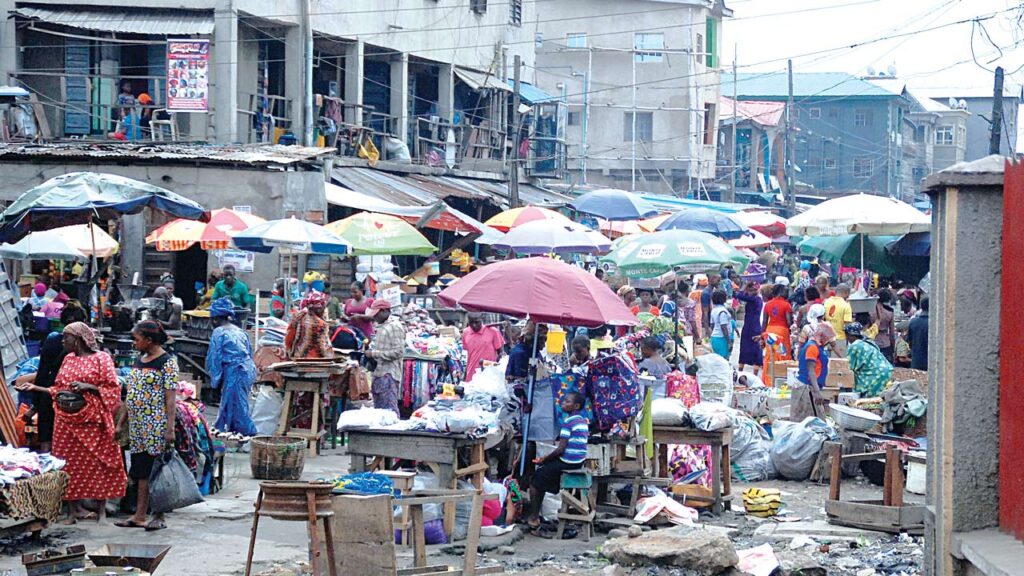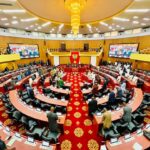The global commodities market is bracing for a major shake-up.
According to the World Bank, prices of essential goods such as rice, wheat, crude oil, and other staples traded internationally are projected to drop by 7% in 2026, marking the fourth consecutive year of decline.
The World Bank points to three key factors behind this downward trend: sluggish global economic growth, an expanding oil surplus and policy uncertainty.
In 2025, the buzz word in the global economy has been “uncertainty.” From tariff adjustments to sweeping trade policy changes by the United States, global markets have been on edge.
“The biggest driver that we’re looking at now is uncertainty,” said Marion Laboure, Managing Director and Macro Strategist at Deutsche Bank, during the World Economic Forum’s October 2025 summit in Dubai.
At first glance, falling commodity prices might sound like good news for consumers as they translate into cheaper goods and services.
However, the broader picture is more complex. Lower prices often mean weaker demand, which can disrupt economies, especially those reliant on commodity exports.
When global growth slows, production and consumer spending decline. This reduces demand for raw materials, creating oversupply and forcing businesses to slash prices to clear inventories.
Global commodities like crude oil, gold, wheat, and coffee, are projected to see a significant price decline. On the other hand, the World Bank says geopolitical tensions and conflicts are likely to push oil prices higher and boost demand for gold and silver which are considered “safe-haven commodities.”
Experts warn that global economies must reassess their expectations for international trade to avoid shocks from sudden policy shifts.
The International Monetary Fund (IMF) is calling on policymakers to rebuild trust by implementing policies that are credible, transparent, and sustainable. It believes these measures are essential to cushion the global economy from further shocks.










